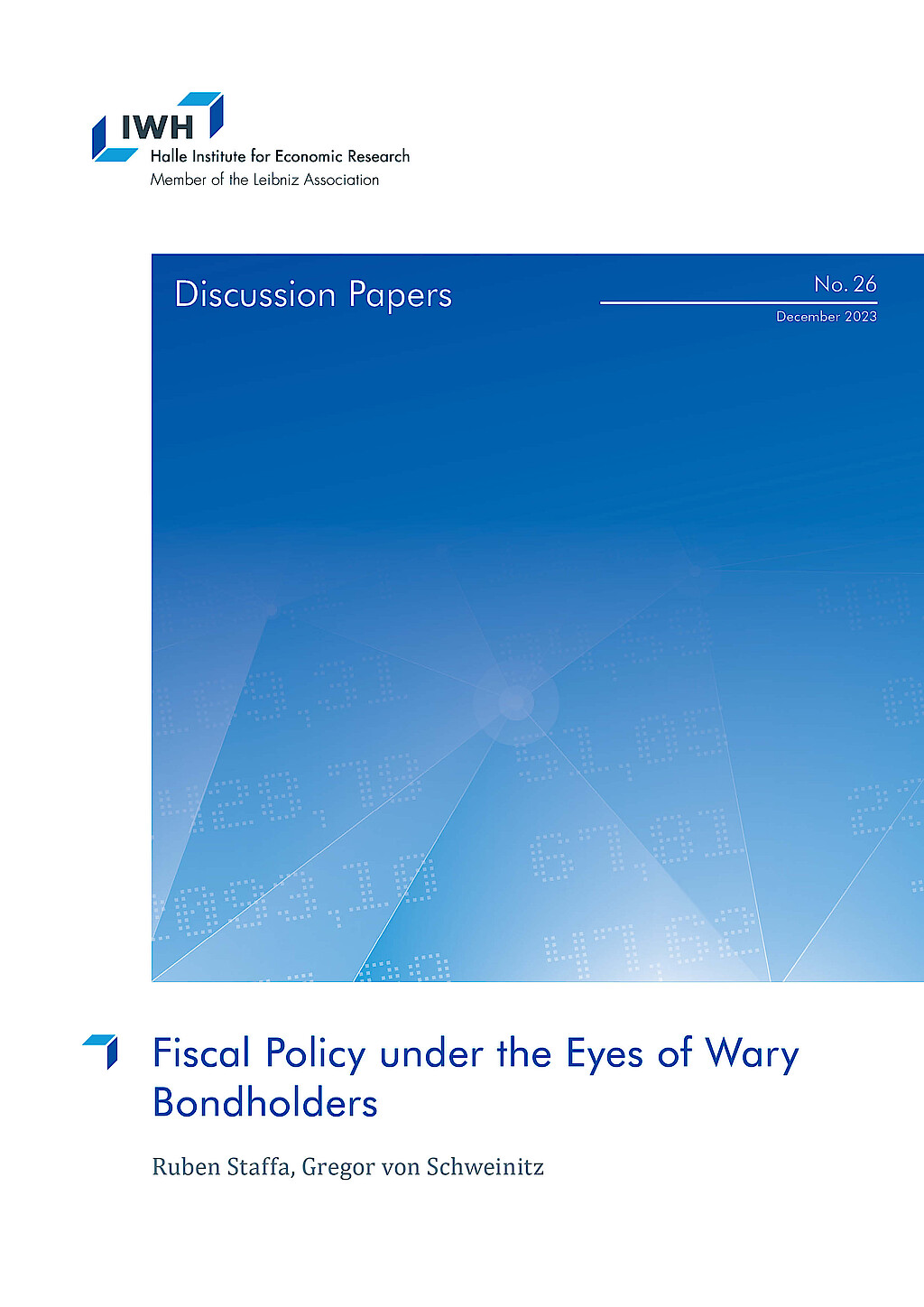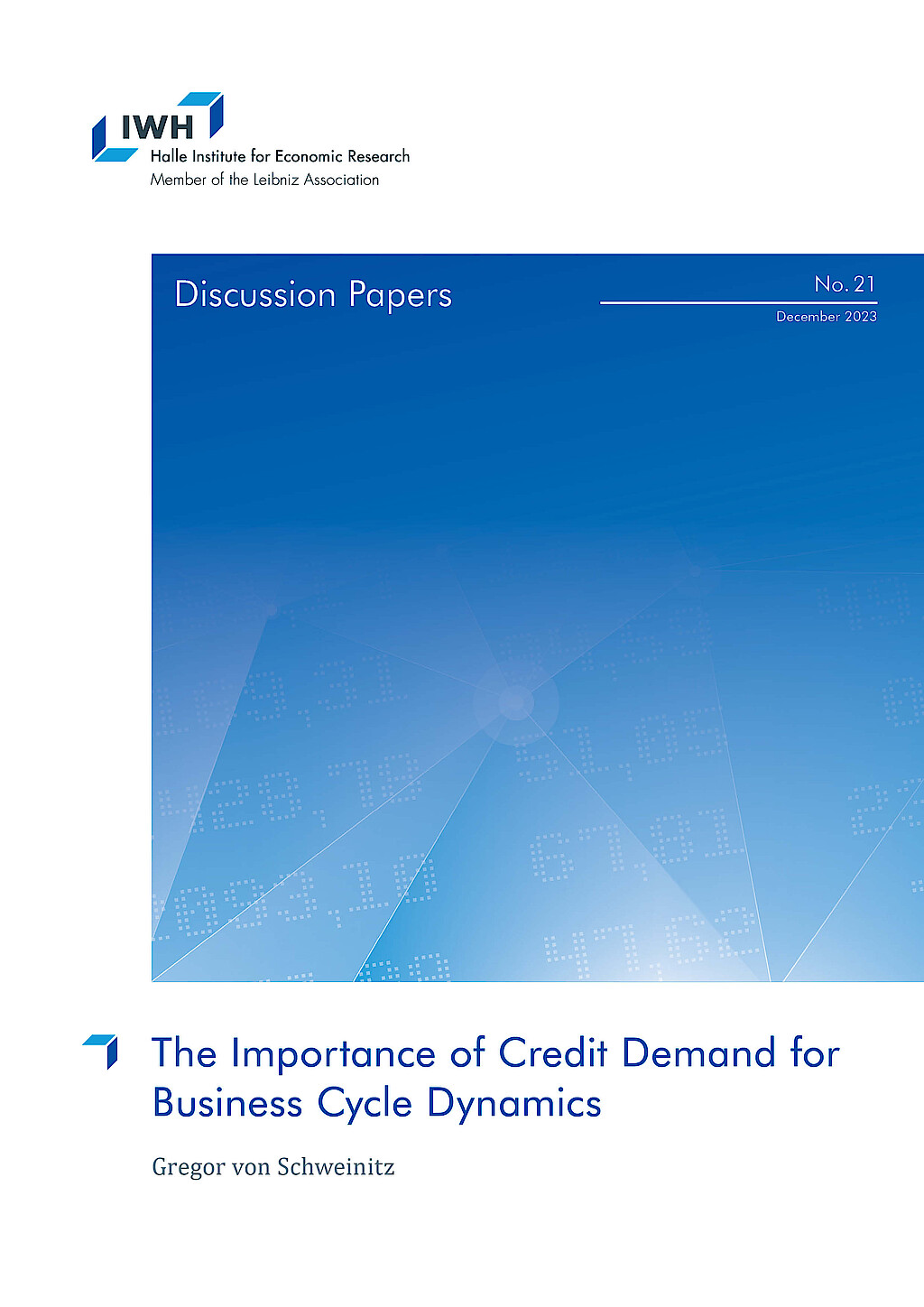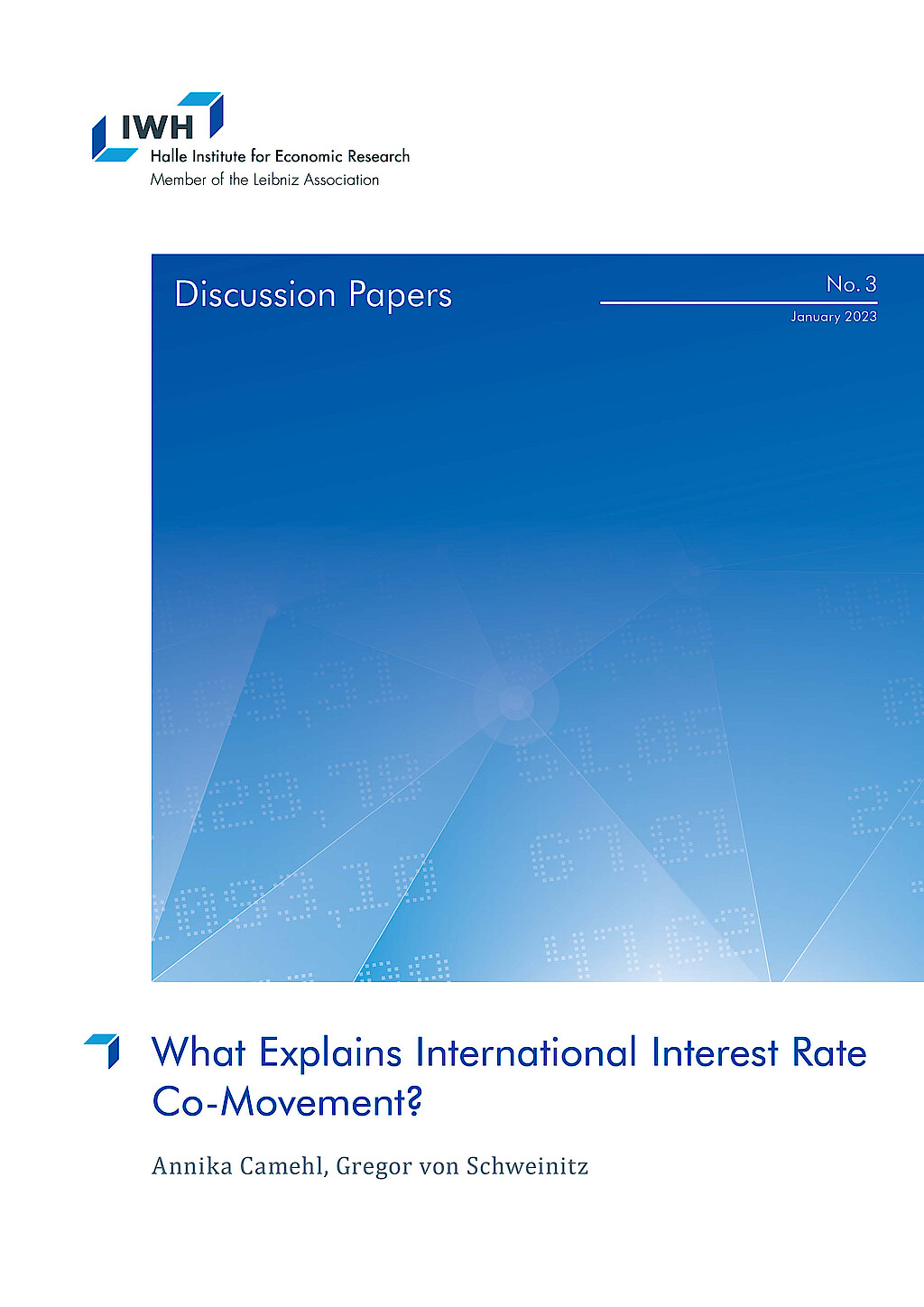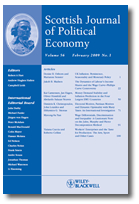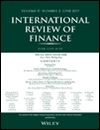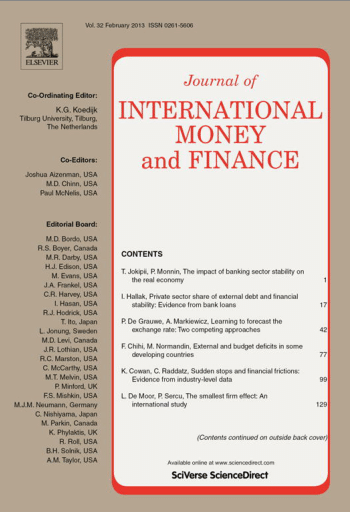Professor Dr. Gregor von Schweinitz

Aktuelle Position
seit 9/24
Forschungsprofessor
Leibniz-Institut für Wirtschaftsforschung Halle (IWH)
seit 9/24
Associate Professor
Corvinus University
Forschungsschwerpunkte
- dynamische Makroökonomik
- Europäische und internationale Wirtschaftspolitik: insbesondere Finanzmarktkrisen
- Risikomodellierung und -analyse
Gregor von Schweinitz ist seit September 2024 Forschungsprofessor am IWH. Sein Forschungsschwerpunkt liegt im Bereich quantitative Makroökonomik.
Gregor von Schweinitz ist Associate Professor für Wirtschaftswissenschaften an der Corvinus University in Budapest.


